Waterhouse, Circe Invidiosa, 1892
If it were simply the case that insanity is evil, then this would be said truly. But, in truth, the greatest goods come to us from madness when it is given as a divine gift. For the prophet at Delphi and the priestesses at Dodona have completed many fine things for Greece both in public and private, because they were insane. But when they are in their right minds, they have done little or nothing.
And if we speak about the Sibyl and the rest—however many provide prophecy while inspired and by predicting many things for many people have improved their lives—we should clearly be spending a long time describing it all. This is also worthy of acknowledging, that the ancients who gave things names did not belief that madness was shameful or worthy of reproach. For they would not have interwoven this name—mania—with that finest art by which the future is judged.
And if we speak about the Sibyl and the rest—however many provide prophecy while inspired and by predicting many things for many people have improved their lives—we should clearly be spending a long time describing it all. This is also worthy of acknowledging, that the ancients who gave things names did not belief that madness was shameful or worthy of reproach. For they would not have interwoven this name—mania—with that finest art by which the future is judged.
No, instead, since it is a divine dispensation and because it is noble, they named it according to their belief. These days people call it the mantic art, callously adding a tau. When they name sane people’s investigation of the future through other means like bird omens and similar signs—since they must provide from their own perspective the mind (nous) and inquiry (historia) by means of human thought (oiêsis)—they call it oionoistic thought and make it more reverent by adding an omega as current people do. How much more complete and honorable prophecy is to augury both in name and in its action the ancients assert it is that much superior because madness is divine in origin and sanity is human.
Plato
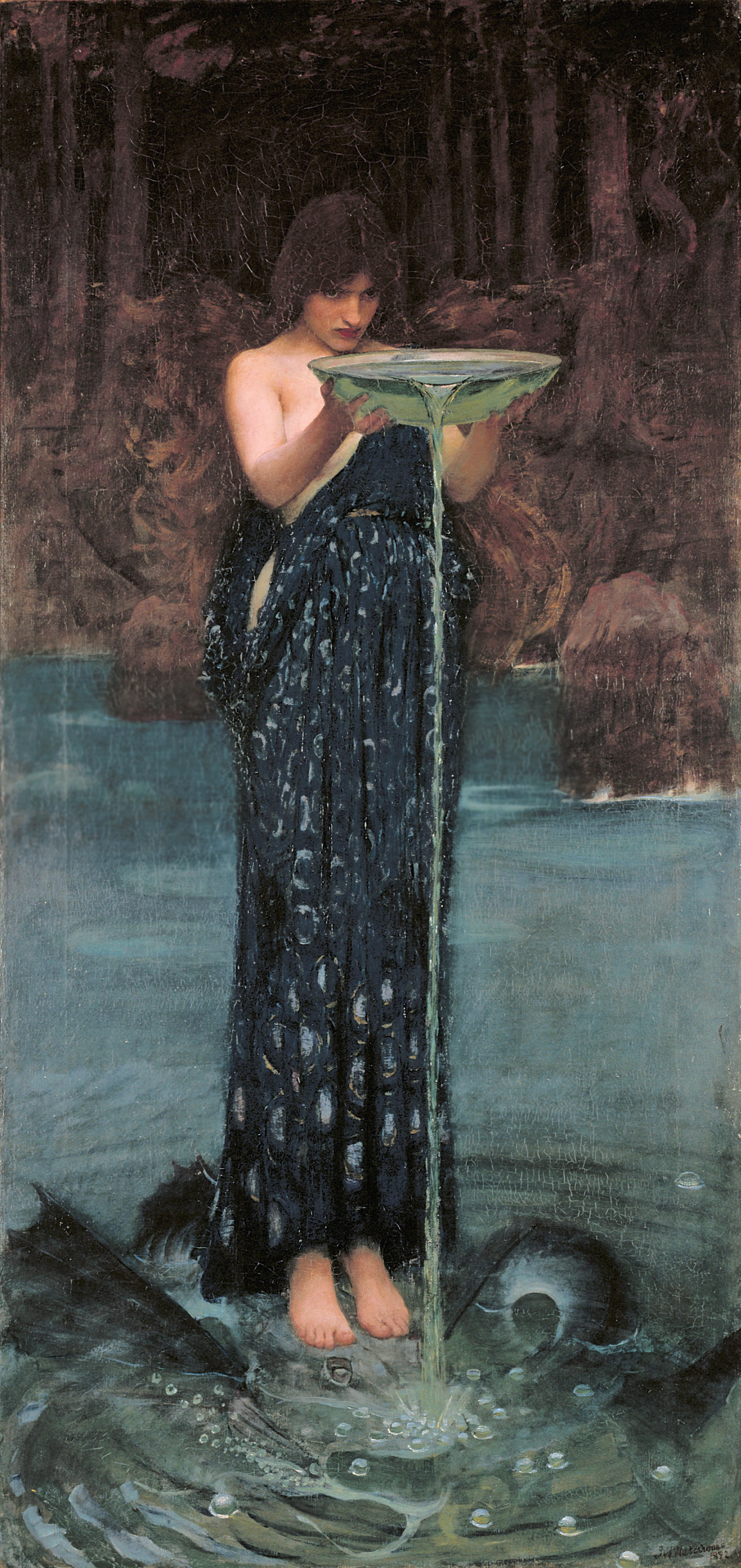









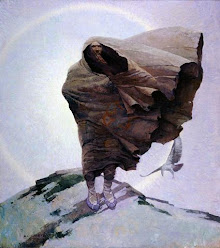













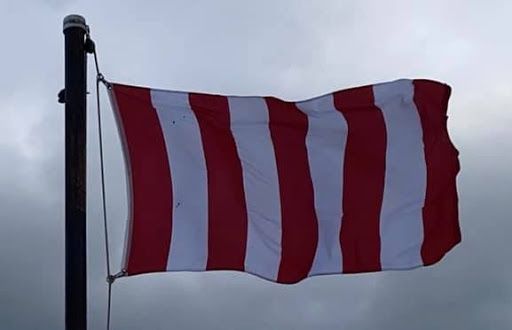
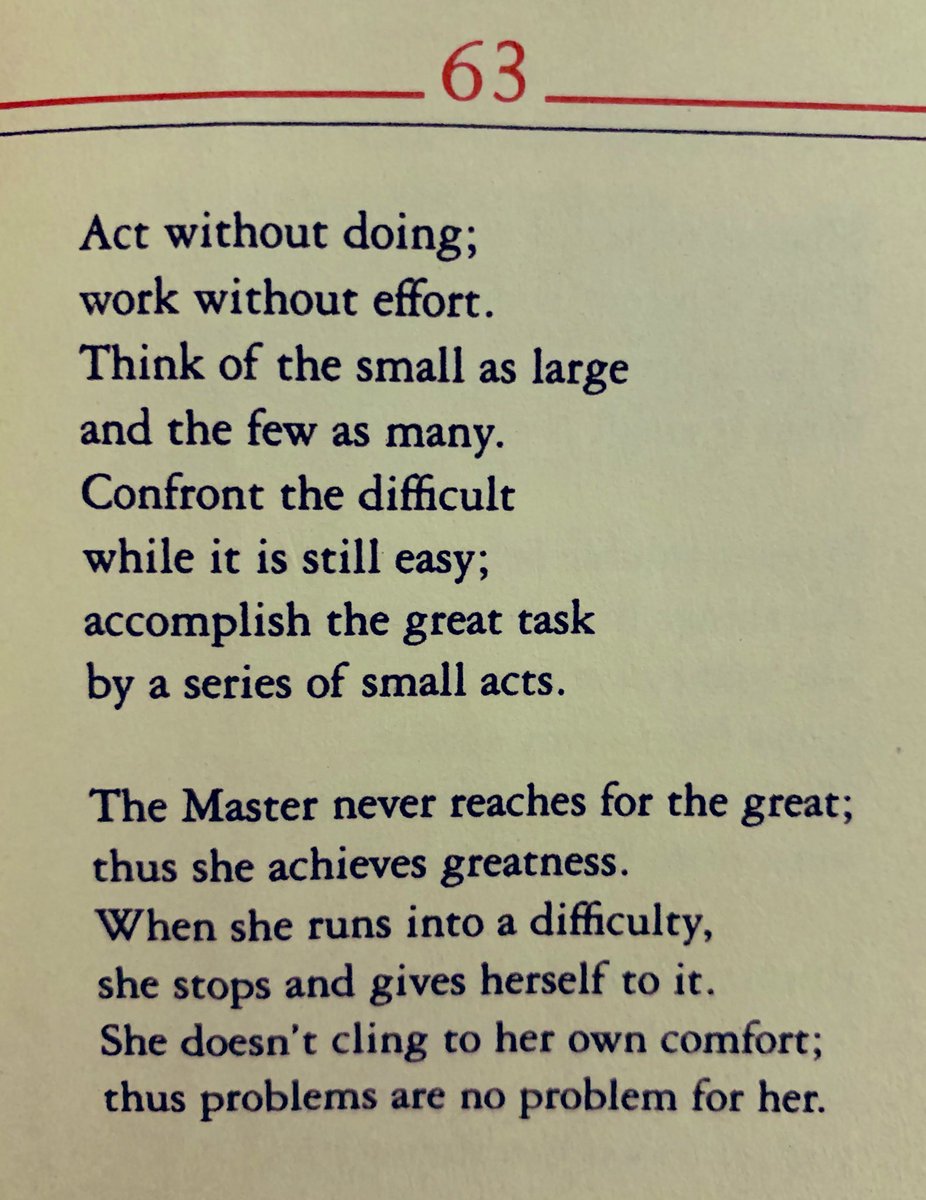









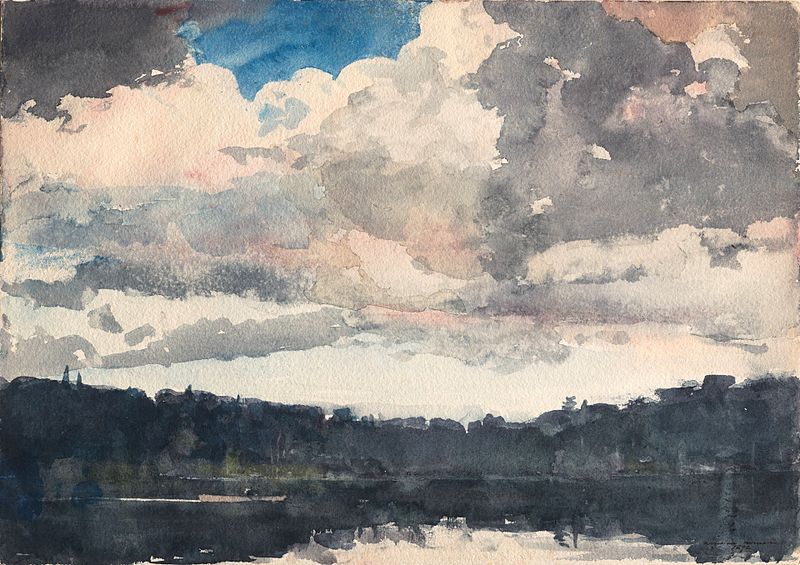





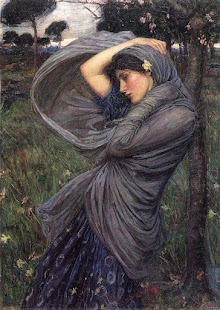














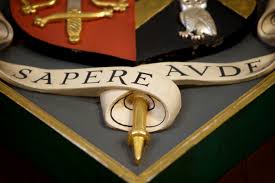


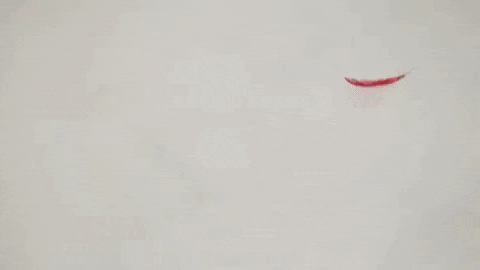






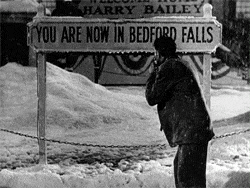







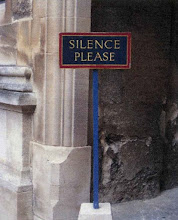









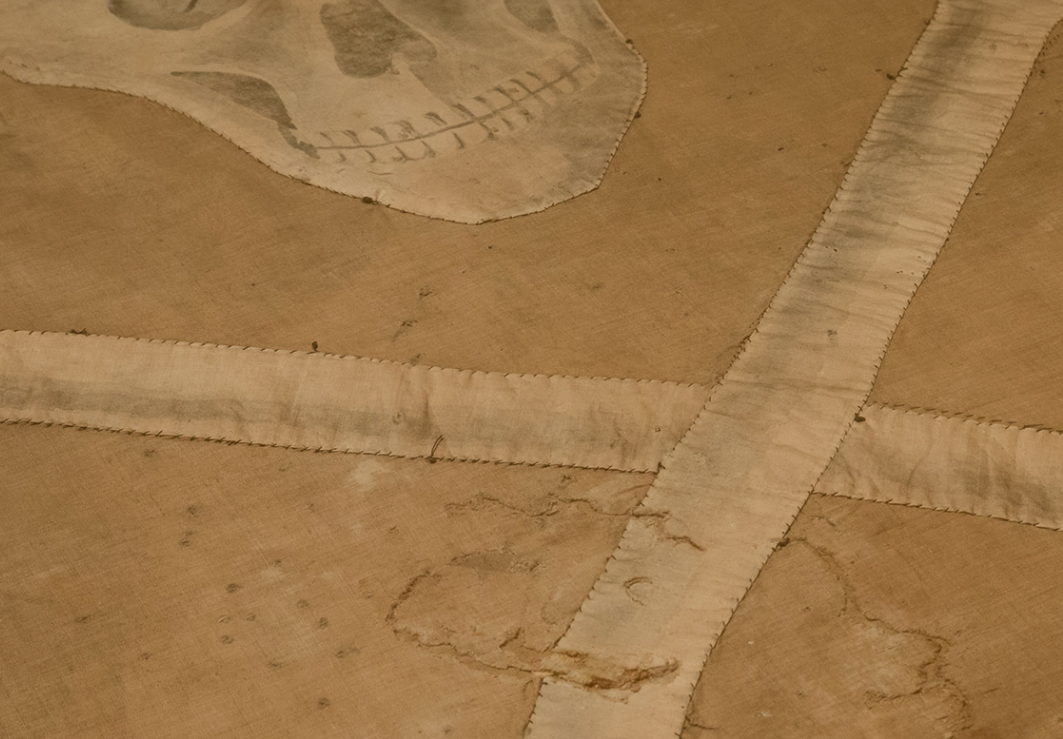

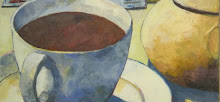
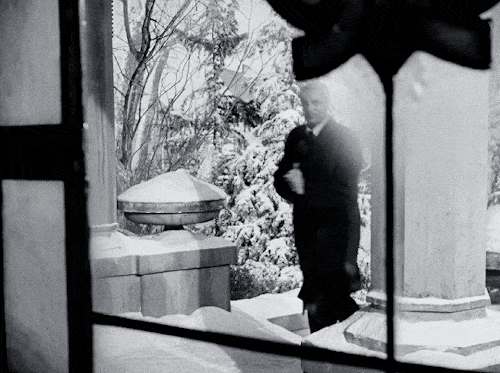
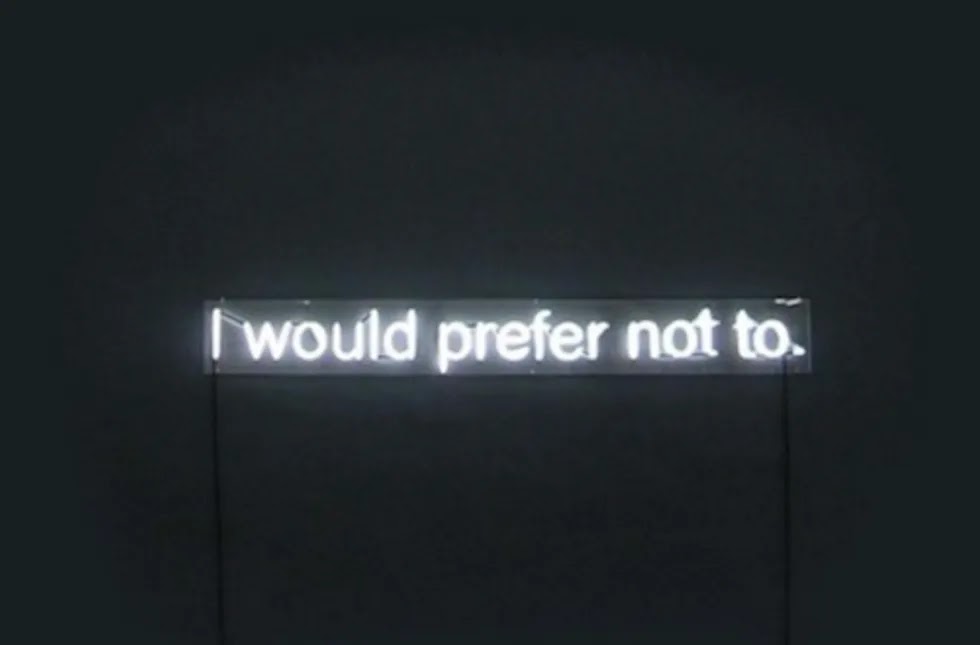

















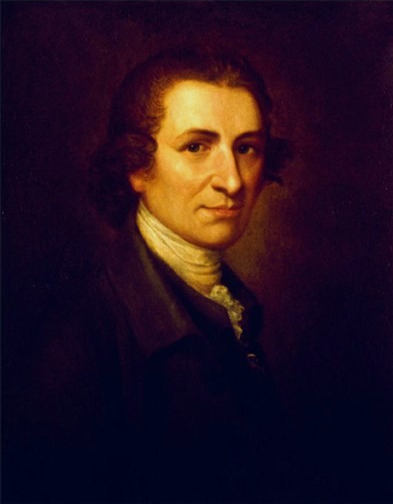


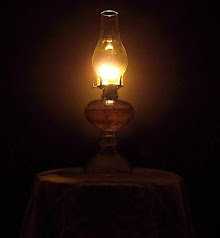







No comments:
Post a Comment